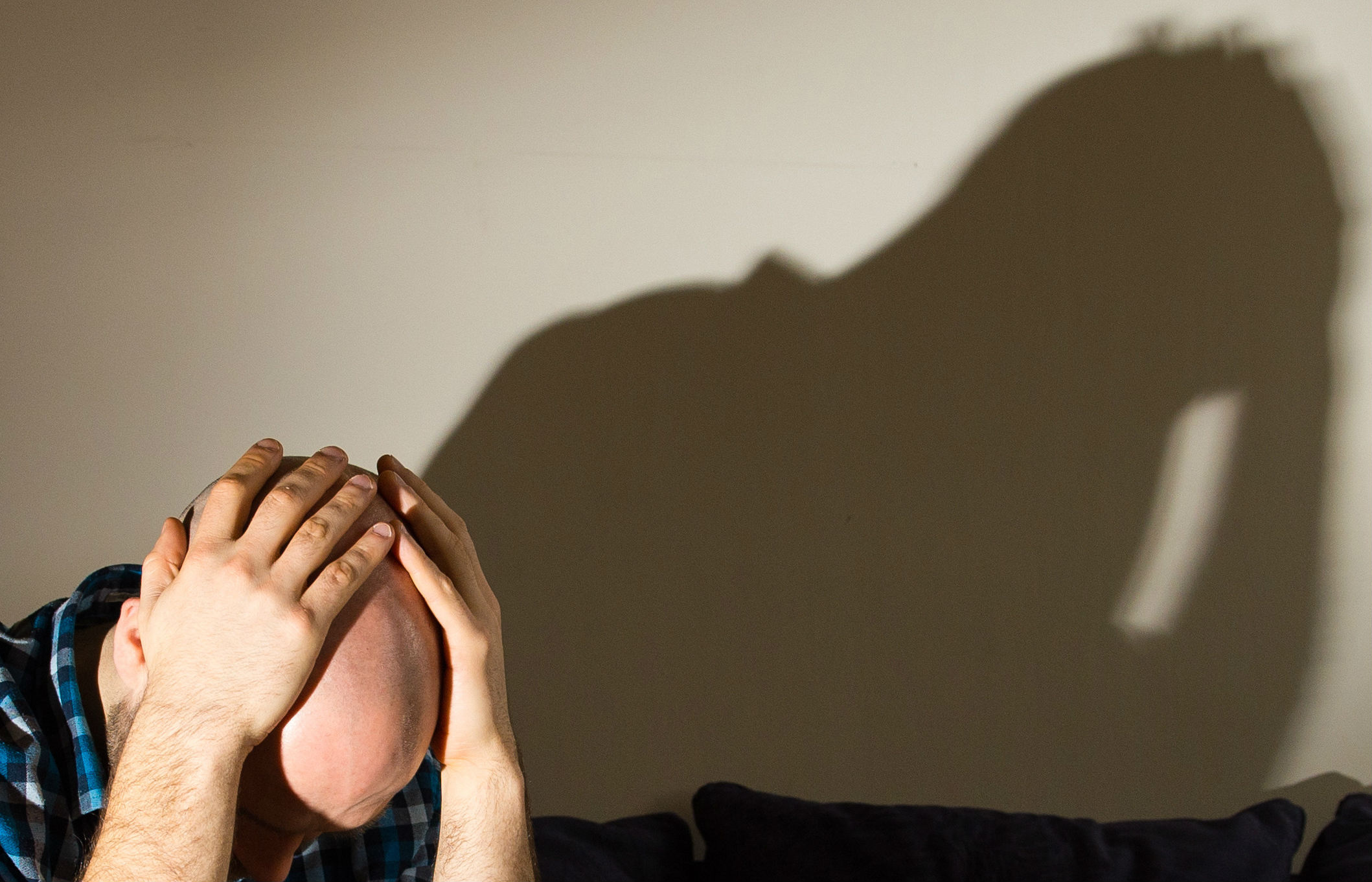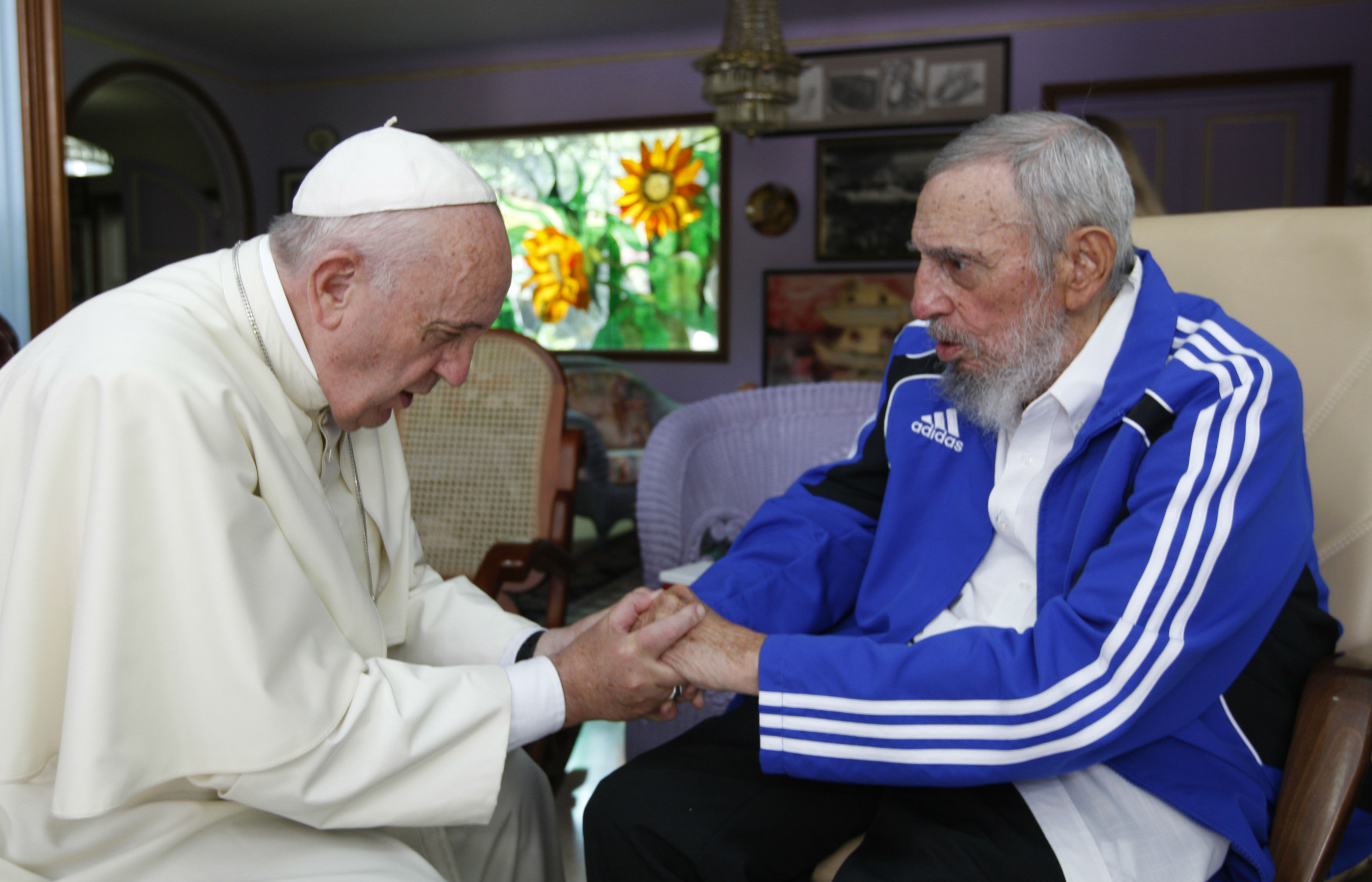It is lazy to dismiss Fidel Castro as either a brutal dictator or a romantic liberator. Without the US blockade, he might have remained an authoritarian ruler but a friend of the Church
Fidel Castro was arguably the most important caudillo – bold leader, or strongman – to have emerged in Latin America since the continent’s wars of independence in the early nineteenth century. He was not just the most influential shaper of Cuba’s modern destiny. As an active sponsor of guerrilla movements in the 1960s and 1970s, he was also by far the most disruptive, polarising and brilliant political leader in the continent.
To reduce him, as did Donald Trump, to a “brutal dictator” who oppressed his people for five decades, is lazy and small-minded; yet to romanticise him and his regime – as did scores of left-leaning activists, entranced by tropical socialism – is to evade the core fact about Cuba, which is that after five decades it is a miserable, desperately poor place, suffocatingly authoritarian, its people bent low.
Healthcare and education may be good by the standards of El Salvador or Haiti, but to spend time in Havana after being in Quito or Lima or Bogotá, as I did before the papal visit last year and again a few weeks ago, is to feel an immense sadness. Children are rare, and people seldom smile, weighed down by the sheer challenges of surviving. Everything in Cuba – from connecting to the internet, to queuing to buy expensive chicken or fruit with a second, convertible currency — is stupendously complex.




